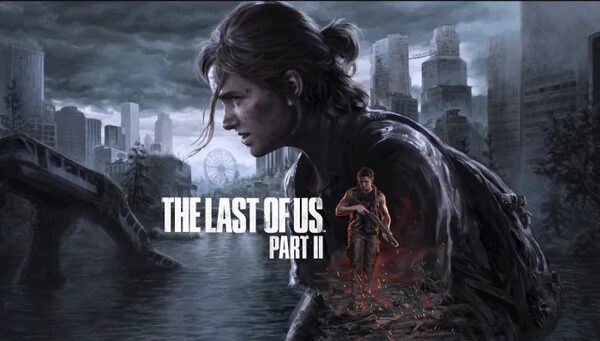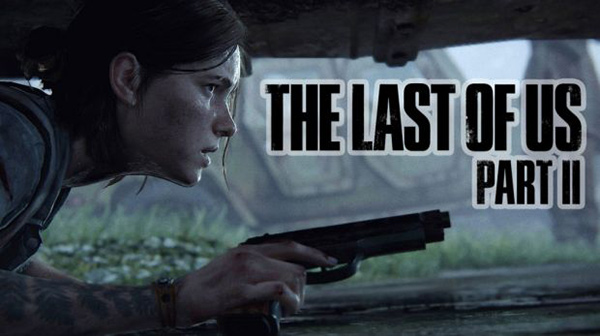Advertisement
Popular Now
Introduction
The Last of Us Part II (2020) is known for its emotionally charged narrative, exploring themes of revenge, loss, and the moral consequences of violence. Central to its story is Ellie’s quest for vengeance after the death of Joel, and the game forces players to examine the ethical complexities of her actions. This article delves into the game's exploration of revenge, empathy, and the impact of violence, while asking whether redemption is possible in a morally ambiguous world.

 Joel’s death propels Ellie’s story, but it also underscores the theme of loss, pushing Ellie into a spiral of vengeance and grief that ultimately defines her journey.
Joel’s death propels Ellie’s story, but it also underscores the theme of loss, pushing Ellie into a spiral of vengeance and grief that ultimately defines her journey.


Revenge as a Catalyst for Conflict
Ellie’s Quest for Vengeance
Ellie’s journey is driven by a desire for revenge after Joel’s brutal death. This quest leads her to commit increasingly violent acts, forcing players to question whether vengeance is ever truly justified.The Consequences of Violence
The game highlights the emotional toll of revenge. As Ellie’s violence escalates, she isolates herself and risks losing her humanity, raising the question of whether it is worth the price.The Role of Empathy and Perspective
Abby’s Perspective
Mid-game, players control Abby, Joel’s killer, and experience her own struggles with loss and vengeance. This shift challenges players to empathize with her, questioning the notion of good and evil.Understanding Both Sides
Abby’s story forces players to see the conflict from both perspectives, blurring the lines between hero and villain, and illustrating the destructive cycle of revenge.The Theme of Loss and Its Impact
Joel’s Death: A Turning Point
 Joel’s death propels Ellie’s story, but it also underscores the theme of loss, pushing Ellie into a spiral of vengeance and grief that ultimately defines her journey.
Joel’s death propels Ellie’s story, but it also underscores the theme of loss, pushing Ellie into a spiral of vengeance and grief that ultimately defines her journey.
The Cost of Survival
Throughout the game, characters grapple with the moral cost of survival. The violence required to survive in a post-apocalyptic world leaves lasting scars, both physical and emotional.Forgiveness and Redemption: A Path to Healing?
Ellie’s Struggle to Forgive
As Ellie confronts Abby at the game’s climax, she faces the possibility of forgiveness, questioning whether letting go of vengeance can lead to healing and redemption.Abby’s Redemption Arc
Abby also seeks redemption after her violent past. Her story emphasizes the importance of forgiveness and moving beyond the cycle of revenge.The Nature of Evil in The Last of Us Part II
Morality in a Broken World
The game challenges traditional notions of good and evil, showing how trauma and loss shape characters’ actions and contribute to the cycle of violence that defines the world.The True Cost of Violence
The Last of Us Part II portrays violence as a destructive force that damages all involved, emphasizing that the pursuit of revenge only perpetuates more harm.The Role of Player Agency



















